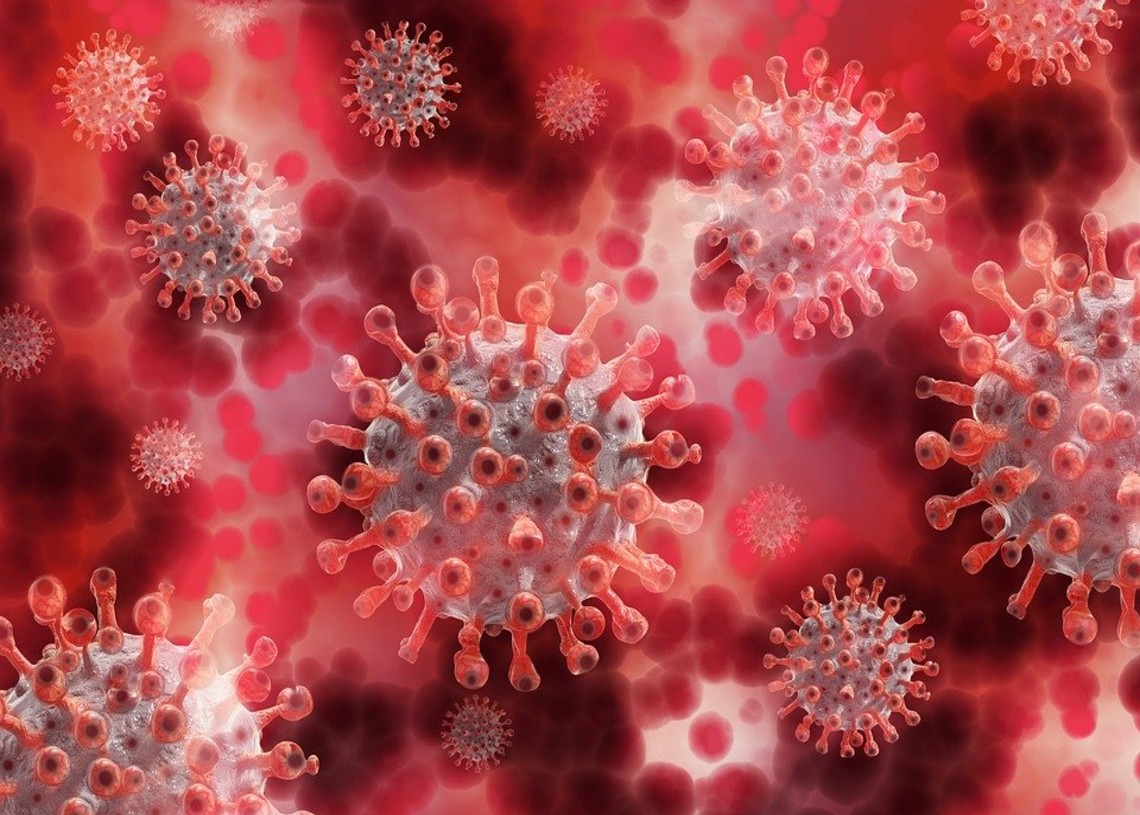COVID-19 vaccine development is in full gear, with over 160 vaccines across the world already in development.
A new study by scientists from the Washington University School of Medicine in St. Louis, however, has shown promising results by developing a nasal COVID-19 vaccine that has proven effective in mice susceptible to the virus. The study indicated that the vaccine can be administered with only one dose to the nasal region and help the mice develop strong immune responses throughout the body, that are able to prevent infection of the virus.
Research into the vaccine
The scientists, impressed by the results, indicated that they were looking at the next phase, where the vaccine will be given to the primates. This will be followed by human trials, where scientists are also optimistic that they will be able to get the same results they have gotten in lab mice.
The study, which has been published in the journal Cell, deviates from other vaccines that are being worked on currently on the method of administering it. This is because they found that administering through the nasal was more effective in creating an immune response able to fight the spread of the virus in the body. They also found that nasal delivery of the COVID-19 vaccine prevented the vaccine from taking a foothold on respiratory tracts, that are very susceptible to the virus.
Senior author Michael S. Diamond, MD, Ph.D., the Herbert S. Gasser Professor of Medicine and a professor of molecular microbiology, and of pathology and immunology indicated that they were surprised by the strong immune response that resulted from administering the virus through the nose, in the inner linings of the nose and the upper airways.
He continued by saying that the mice were protected from the infection after receiving the vaccine. He also indicated that even after the mice were exposed to the COVID-19 virus, they were not infected, indicating the efficacy of the study.
Development of the Nasal COVID-19 vaccine
The vaccine was developed by inserting the COVID-19 spike proteins inside the virus that causes the common cold called adenovirus. Adenovirus, was, however, weakened to ensure that the vaccine does not cause common cold when administered. The modified adenovirus, with spike proteins, would then administered through the nasal region.
The body responded to this adenovirus invasion by mounting an immune defense against the SARS-CoV-2 virus without becoming sick. The vaccine also added two mutations to the spike protein, which made it possible for the body to respond appropriately, producing an immune system that is able to fight COVID-19 infection.
Featured image by Pixabay







